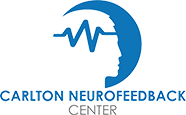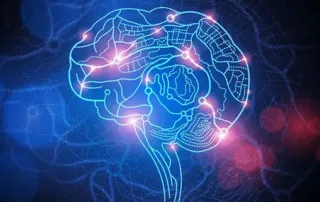Tune in to the Carlton NeuroFeedback Center blog to learn more about brain health, the latest research, the mechanics of neurofeedback, and more ideas and tips to help you advocate for your own health and wellness. Each individual’s health journey is unique, which is why we are committed to helping our patients as we would our own families. As always, if we can partner with you on your healthcare journey, we hope you will contact us and make an appointment.
How Neurofeedback Can Support Individuals with Autism
How Neurofeedback Can Support Individuals with Autism Autism is a complex neurological condition that affects how a person communicates, processes information, and interacts with the world around them. Every individual on the autism spectrum is [...]
Neurofeedback Training Helps Boost Athletic Performance At Any Level
How do Olympians and other athletes rise to the top of their game? Deep commitment, physical training, and an excellent coach are some of the crucial ingredients most people think of first. But would it [...]
5 Tips to Get a Better Night’s Sleep Without Medication
Getting a poor night’s sleep can wreak havoc in so many ways. It can be hard to concentrate and to remember simple things, such as which grocery item to pick up at the store. If [...]
Does Winter Give You the Blues?
Natural Solutions for Seasonal Affective Disorder When short, dark days and frigid weather roll around each winter, do you want to hibernate? Researchers estimate that up to 6% of the U.S. population suffers from Seasonal [...]
15 of the Biggest Myths We Commonly Hear About Neurofeedback (But Aren’t True!) – Part 3
Neurofeedback is a holistic approach to improving your brain’s overall performance, which can benefit healthy individuals and those with brain-based conditions. However, it is such a specialized, niche field of applied neuroscience, even though it [...]
Take Control Of Your Anger And Improve Your Mood
With Neurofeedback Everyone has a bad day sometimes. You know when things “don`t go your way.” A poor behavior report from your child`s school you just learned starts the day off. Then, a frustrating commute [...]
Categories
- ADHD-ADD
- Alzheimer’s Disease
- Anxiety
- Autism Treatment
- Bipolar Disorder
- Cognitive Decline
- COVID 19
- Depression
- Eating Healthier
- Holiday Blues
- Insomnia
- Memory Loss
- Migraine Treatment
- Neurofeedback
- Neurofeedback Myths
- Neurofeedback Training
- Obsessive Compulsive Disorder
- Panic Attacks
- Performance Enhancement
- Positive Thinking
- Psychogenic Non-Epileptic Seizures
- Treatment for PTSD
- Treatment for Trauma
- Uncategorized
- YouTube






